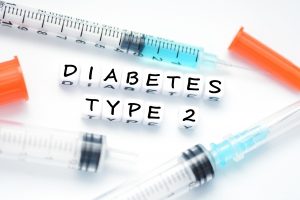
There is evidence that incretin mimetic drugs for Type 2 Diabetes may lead to pancreatitis. In fact, in 2014, the FDA required this fact to be stated on warning labels. A study has shown that chronic pancreatitis increases the risk of pancreatic cancer by nearly eight times.
What Are Incretin Mimetic Drugs?
Incretin mimetics are a relatively new group of injectable drugs for type 2 diabetes treatment. They are a type of medication that mimics the incretin hormones our body naturally produces after a meal to aid the hormone insulin help our body’s cells take up glucose to use for energy. Incretin mimetics (such as Exenatide (BYETTA), Liraglutide (VICTOZA), Sitagliptin (JANUVIA and JANUMET), Linagliptin, Saxagliptin, and Vildagliptin) are second-line medications and have been prescribed when first-line of medications (such as Metformin, Sulfonylureas, and Meglitinides), diet, exercise, and weight loss fail to bring a patient’s blood glucose levels into normal range. Incretin Mimetics medications work by:
- Increasing the body’s production of natural insulin, and
- Suppressing glucagon secretion, the hormone that causes the liver to release stored glucose and increase blood sugar.
Past Concerns
A 2009 study of deceased human organ donors found that incretin therapy acted as a growth hormone, making pancreatic cells multiply, fueling the growth of precancerous lesions.
Findings from studies conducted by Johns Hopkins University School of Medicine showing that Incretin medications lead to an increased risk of pancreatitis, pre-cancerous cellular changes (pancreatic duct metaplasia), and pancreatic cancer has been under investigation by the FDA since 2013.

